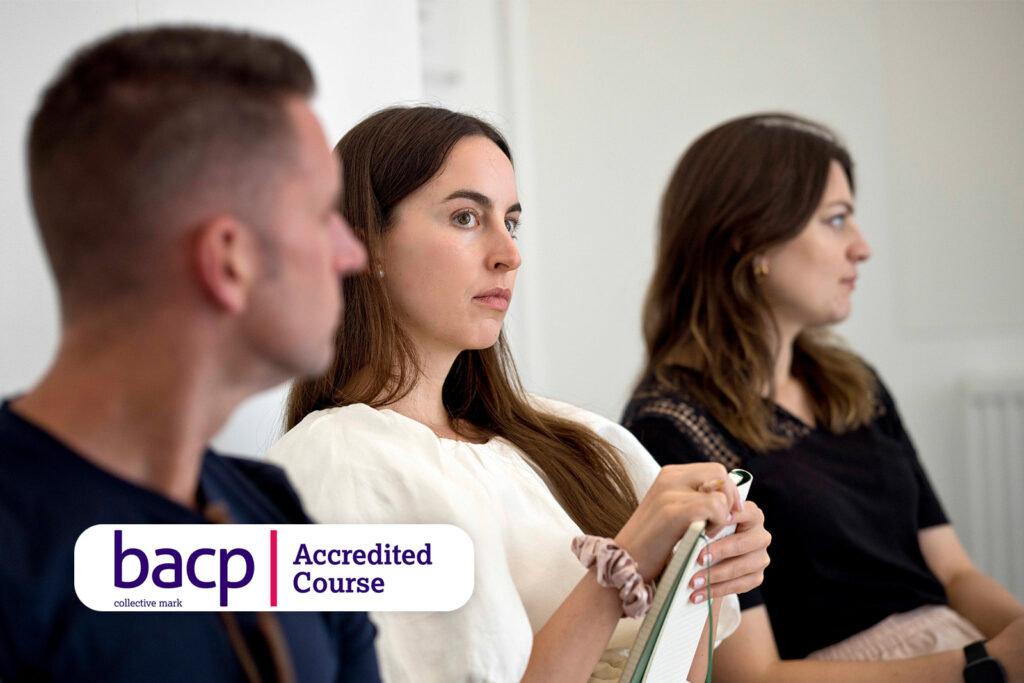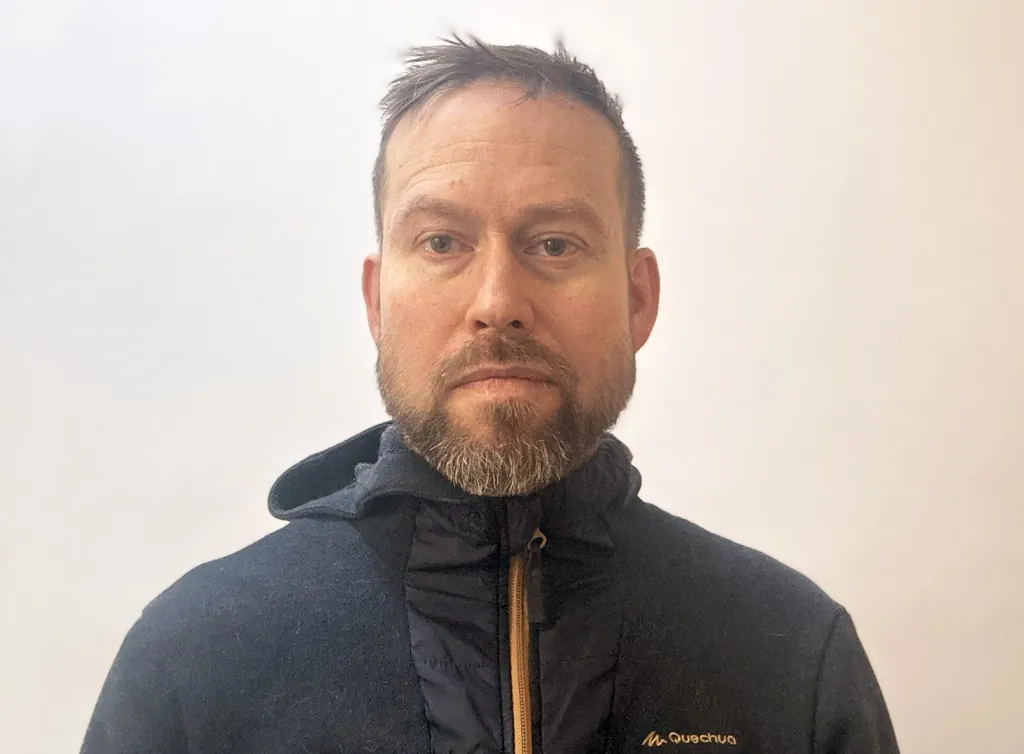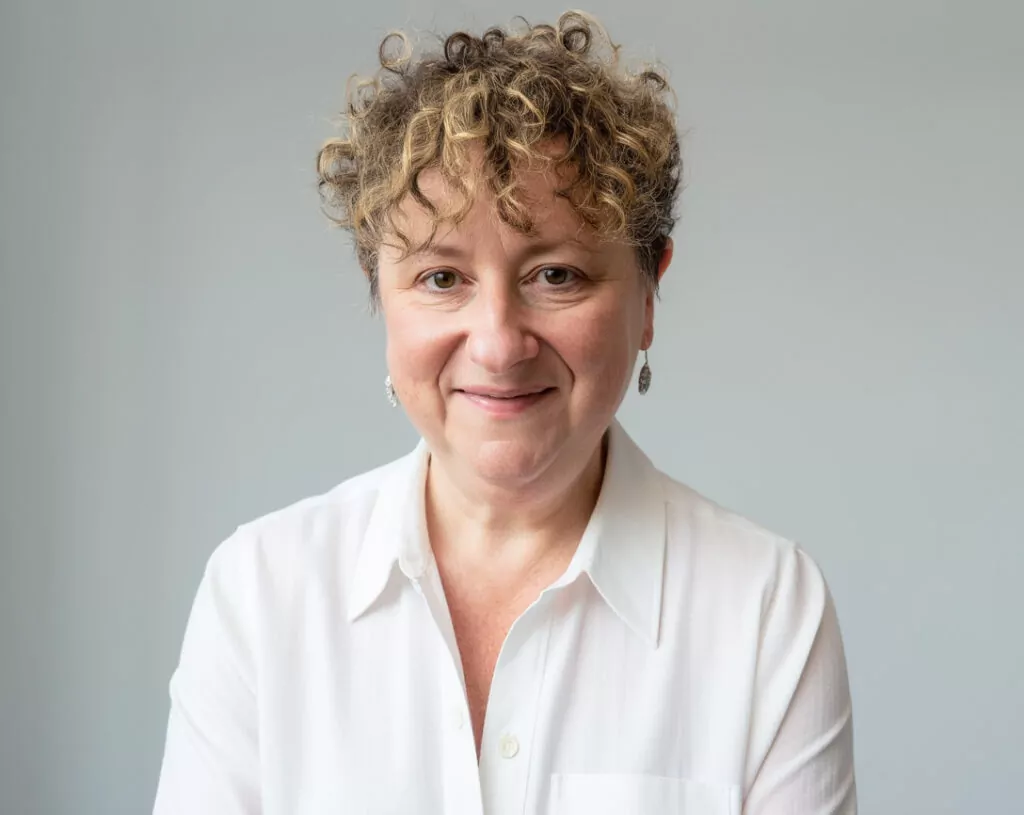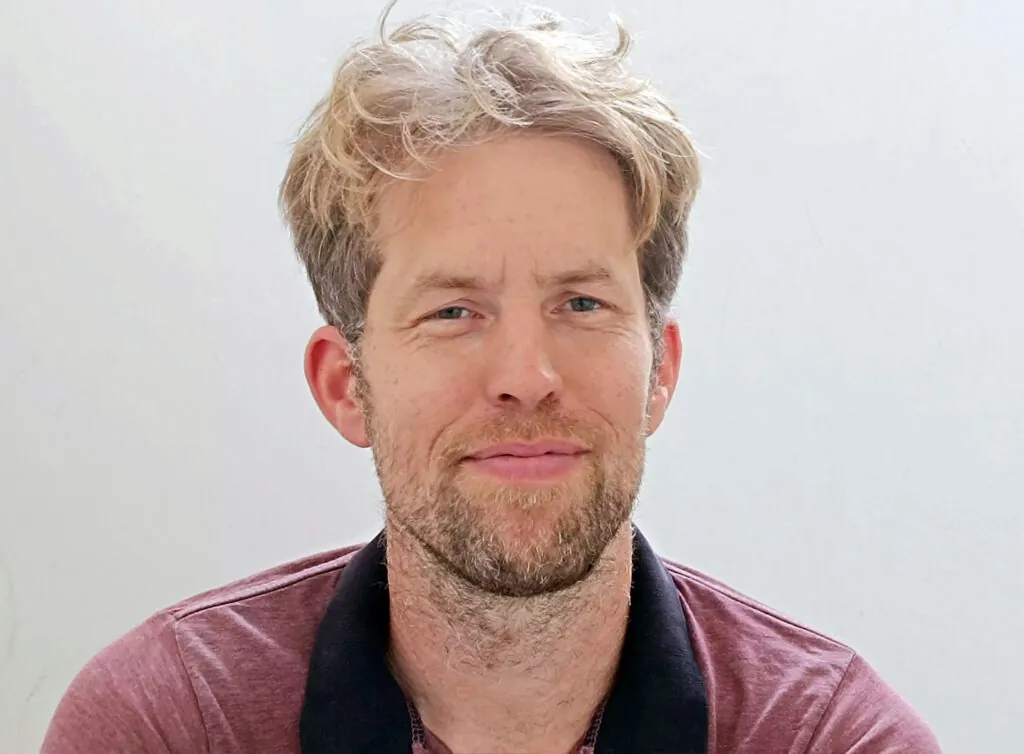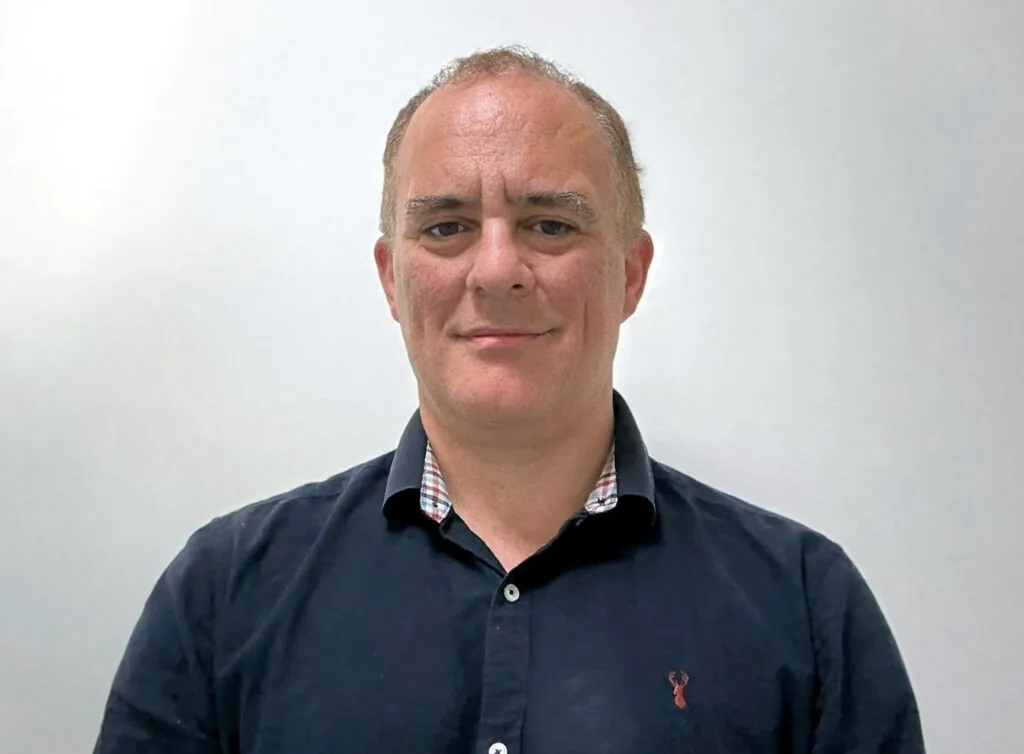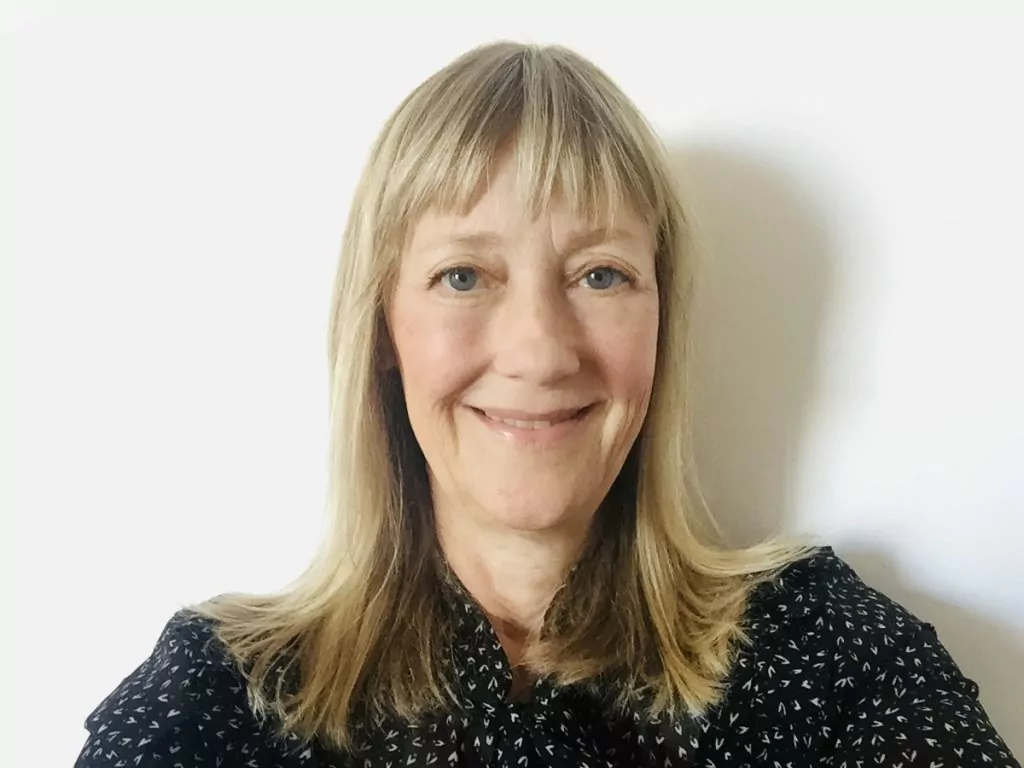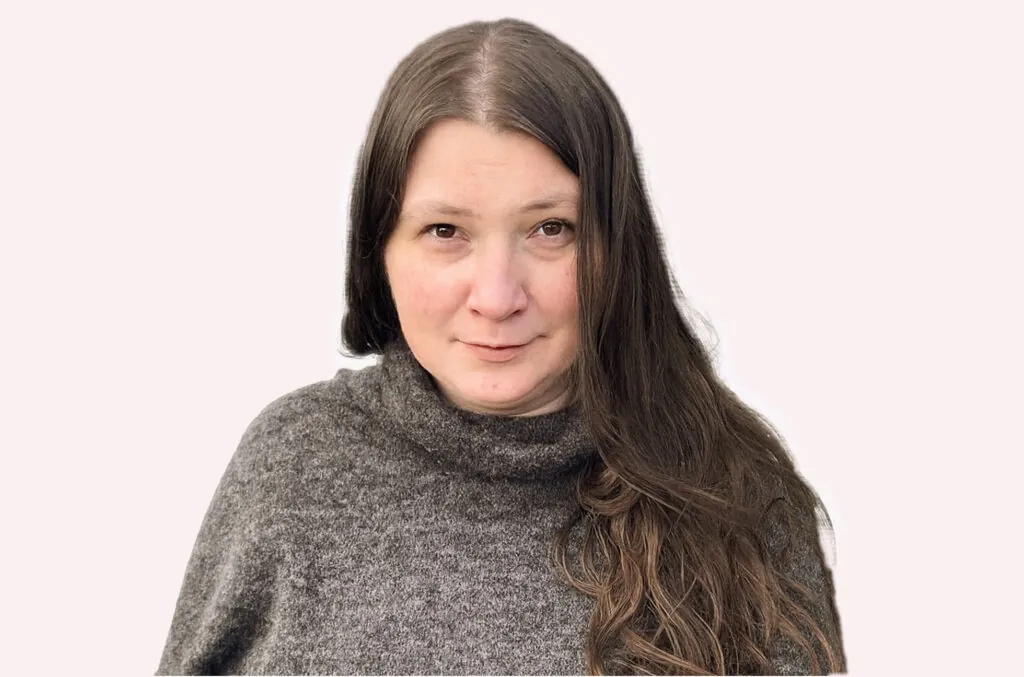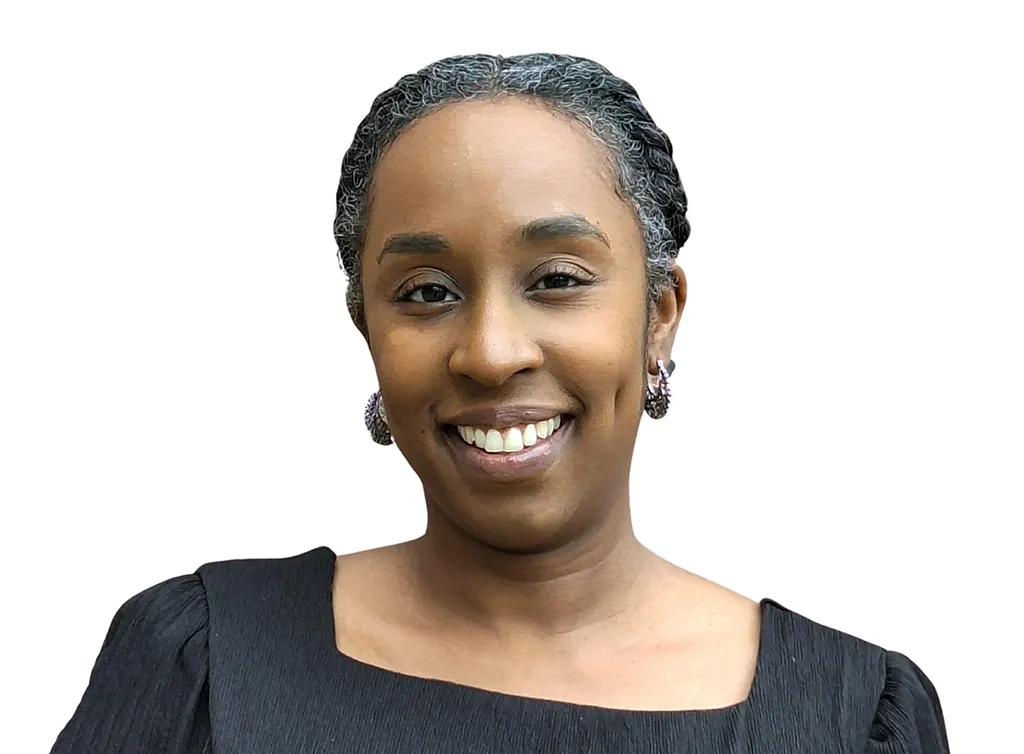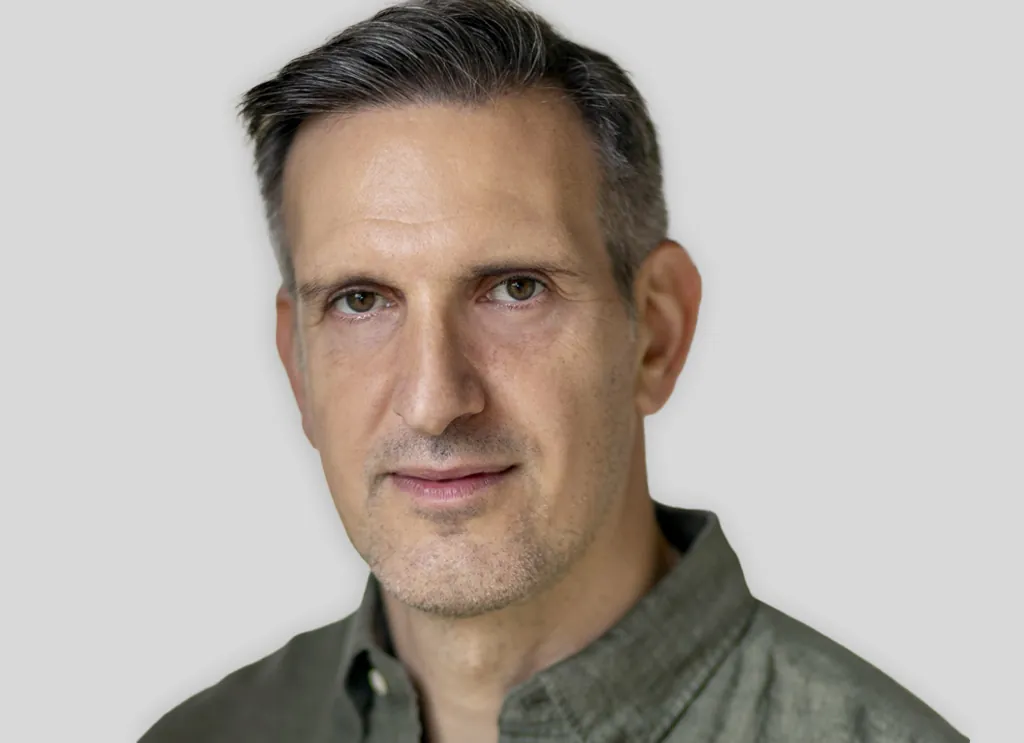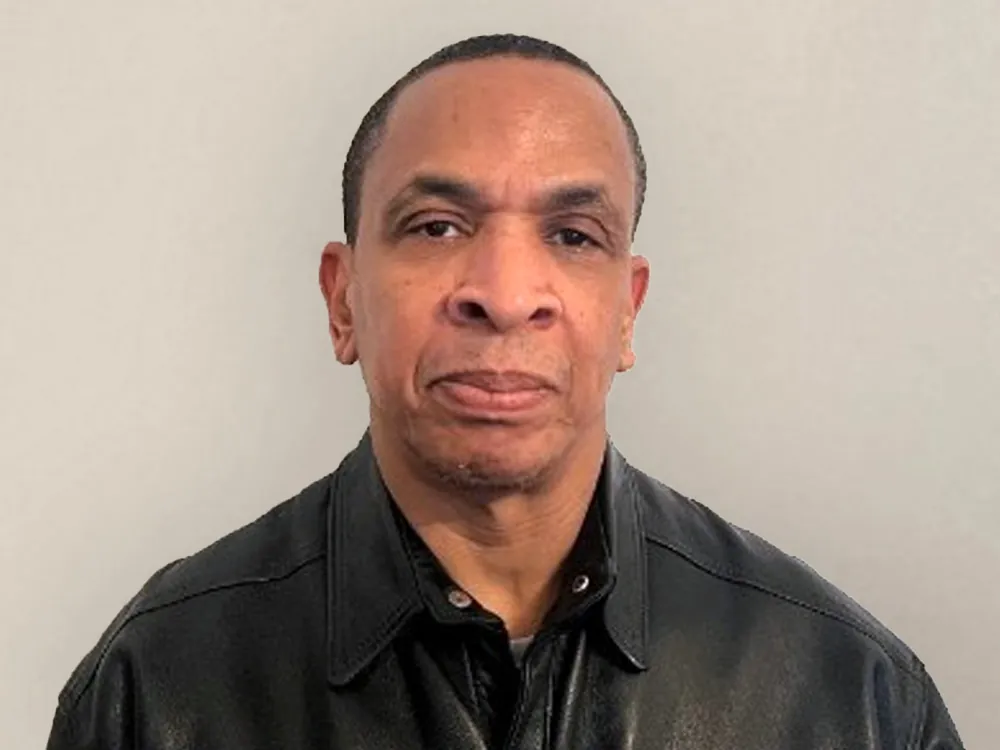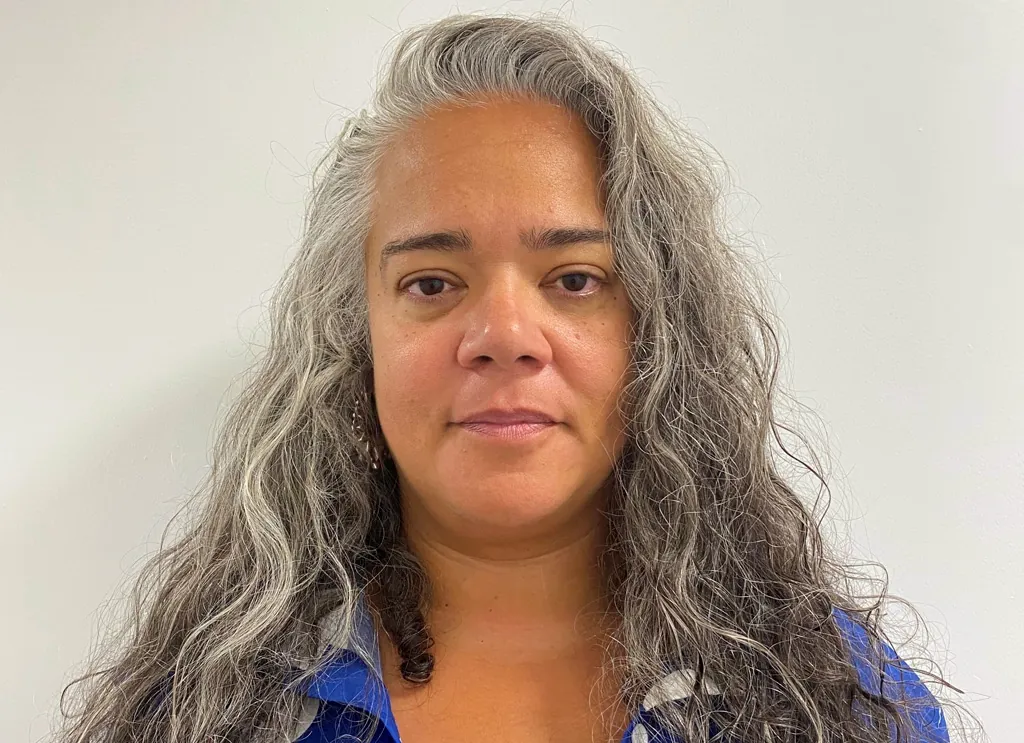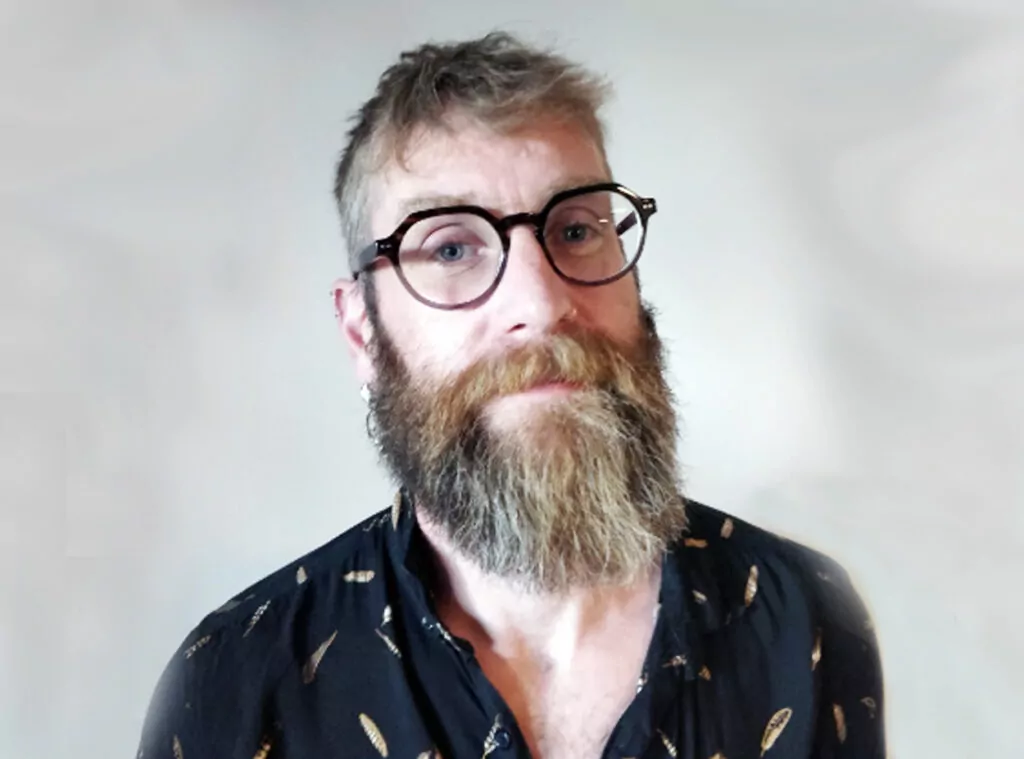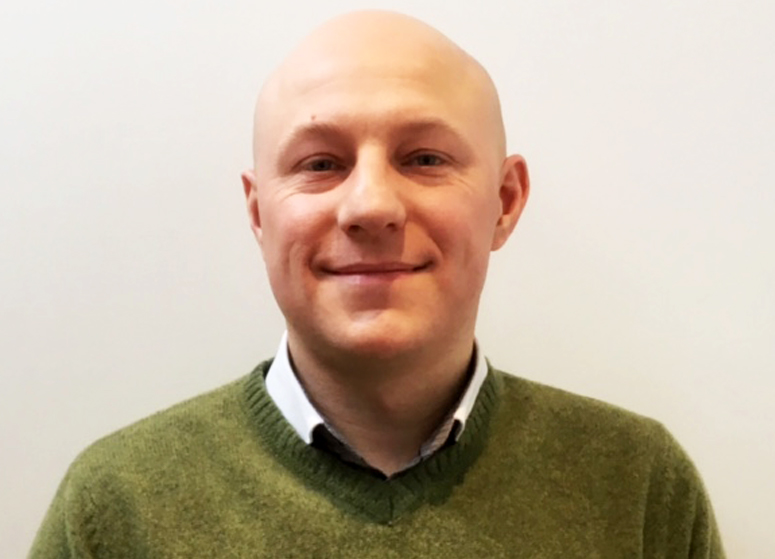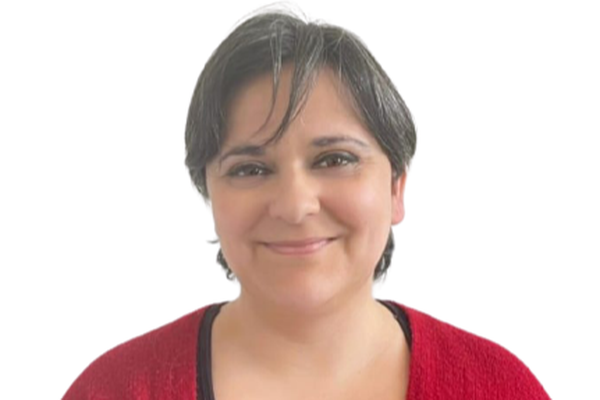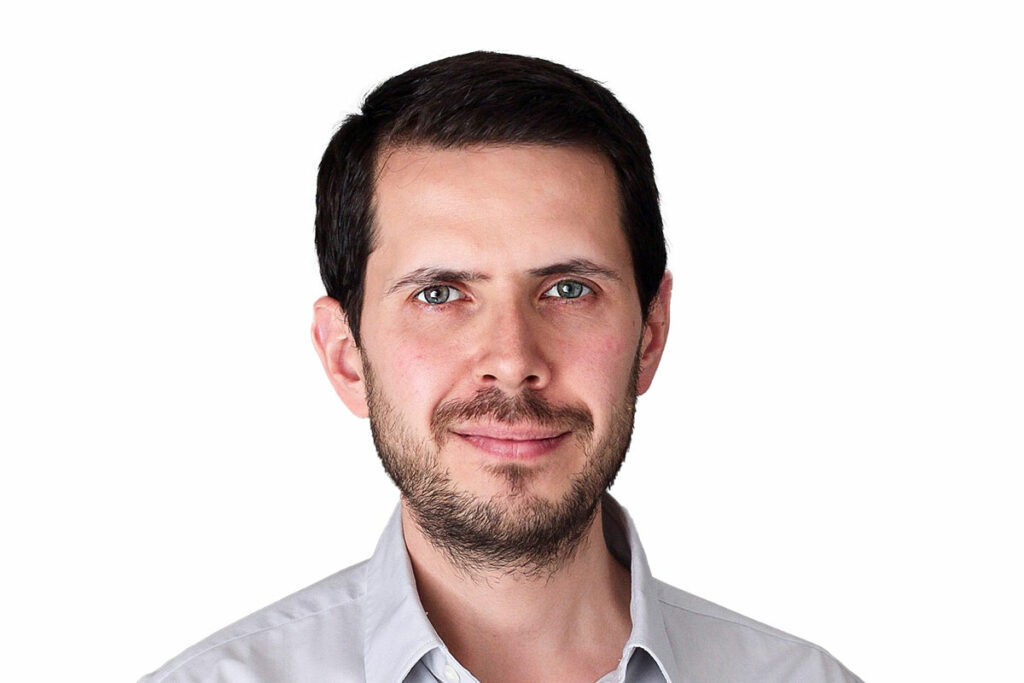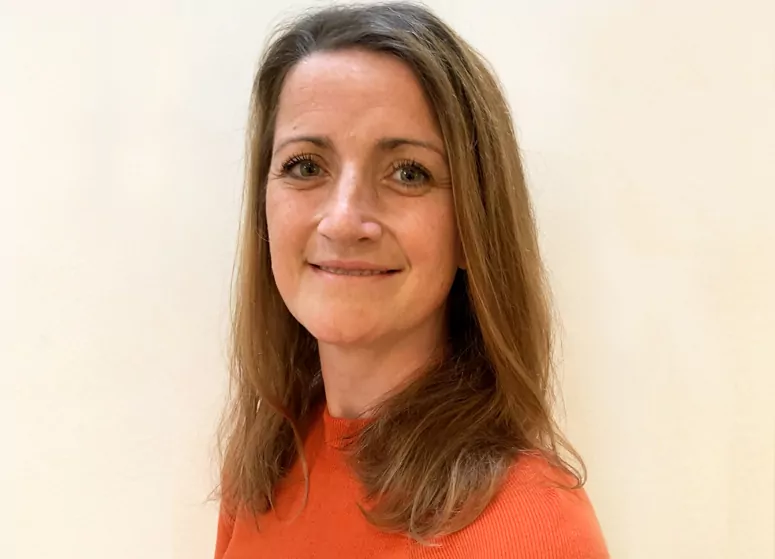I have been very happy with the quality of teaching and the support I have received from the team at The Awareness Centre so far, as a student on the Foundation in Counselling Course in 2020 and now the first year of the Diploma in Integrative Counselling. I particularly resonated with the empathy and unconditional positive regard offered by the tutors on this course. It has been a life-enriching experience for me, and I’m sure it will continue to be.
L.R

